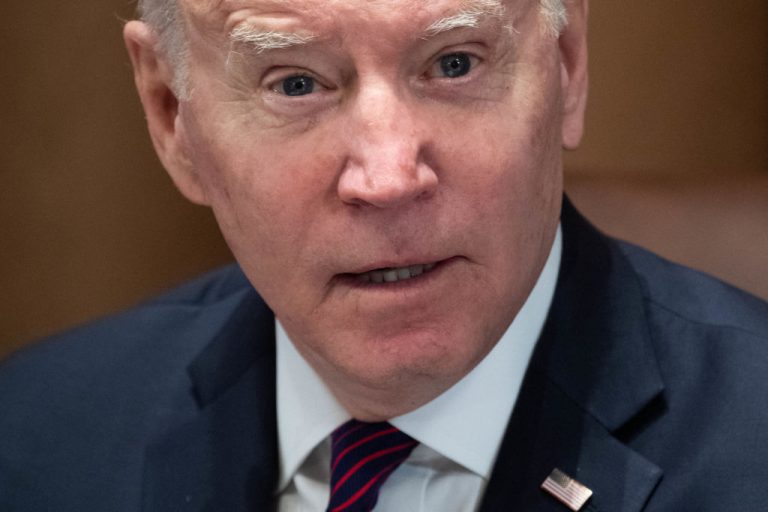President Joe Biden recently caused confusion with regard to the American stance on the Russia-Ukraine issue. Speaking to reporters, Biden implied that the response of Washington to Russia’s potential invasion of Ukraine would depend on the scale of such an incursion. He also predicted Russian President Vladimir Putin to “move in” on Ukraine.
“Russia will be held accountable if it invades – and it depends on what it does. It’s one thing if it’s a minor incursion and we end up having to fight about what to do and what to not do, et cetera… But if they actually do what they’re capable of doing … it is going to be a disaster for Russia if they further invade Ukraine,” Biden said.
Biden’s comments rang alarm bells in the political sphere. White House Press Secretary Jen Psaki issued a statement on Jan. 19 clarifying that if any Russian military forces move across the border of Ukraine, it would be seen as “a renewed invasion.”
Such a move will be met with a “swift, severe, and united response” from the United States and its allies. Psaki stated that any aggression short of military action, like paramilitary attacks and cyberattacks, will be met with a “decisive reciprocal, and united response.”
In a Jan. 20 tweet, Ukrainian President Volodymyr Zelenskyy insisted that “there are no minor incursions and small nations” just as there are no minor casualties nor small amount of grief due to the loss of loved ones.
Success
You are now signed up for our newsletter
Success
Check your email to complete sign up
Biden quickly issued a statement, clarifying his position on the matter. “If any — any — assembled Russian units move across the Ukrainian border, that is an invasion… Let there be no doubt at all that if Putin makes this choice, Russia will pay a heavy price,” the president said. Moscow will be hit with a “severe and coordinated economic response” for invading Ukraine, Biden warned.
On Jan. 21, officials from the United States and Russia met to discuss ways to mitigate tensions between the two powers. The meeting, which was held in Geneva, was attended by Russian Foreign Minister Sergey Lavrov and U.S. Secretary of State Antony Blinken.
“We don’t expect to resolve our differences here today. But I do hope and expect that we can test whether the path of diplomacy or dialogue remains open… This is a critical moment,” Blinken told Lavrov before they spoke privately.
Lavrov claimed that the meeting was “constructive and useful.” According to the Russian minister, Washington has agreed to respond to Russia’s demands about Ukraine and NATO by next week. One of the demands involves preventing Ukraine from joining NATO.
Russia has reportedly amassed 100,000 troops near the Ukrainian border. According to satellite imagery collected by Maxar Technologies, the Russian forces have been deployed in multiple positions that are at a distance of 16 to 161 kilometers from the Ukrainian border. The Russian military has arrived in Belarus to engage in joint military exercises scheduled for February.
The United States has sanctioned four Ukrainian individuals for colluding with Russian agencies to destabilize Ukraine. The individuals acted “at the direction of the Russian Federal Security Service (FSB),” a Jan. 20 press release states. FSB is sanctioned by the United States.
















